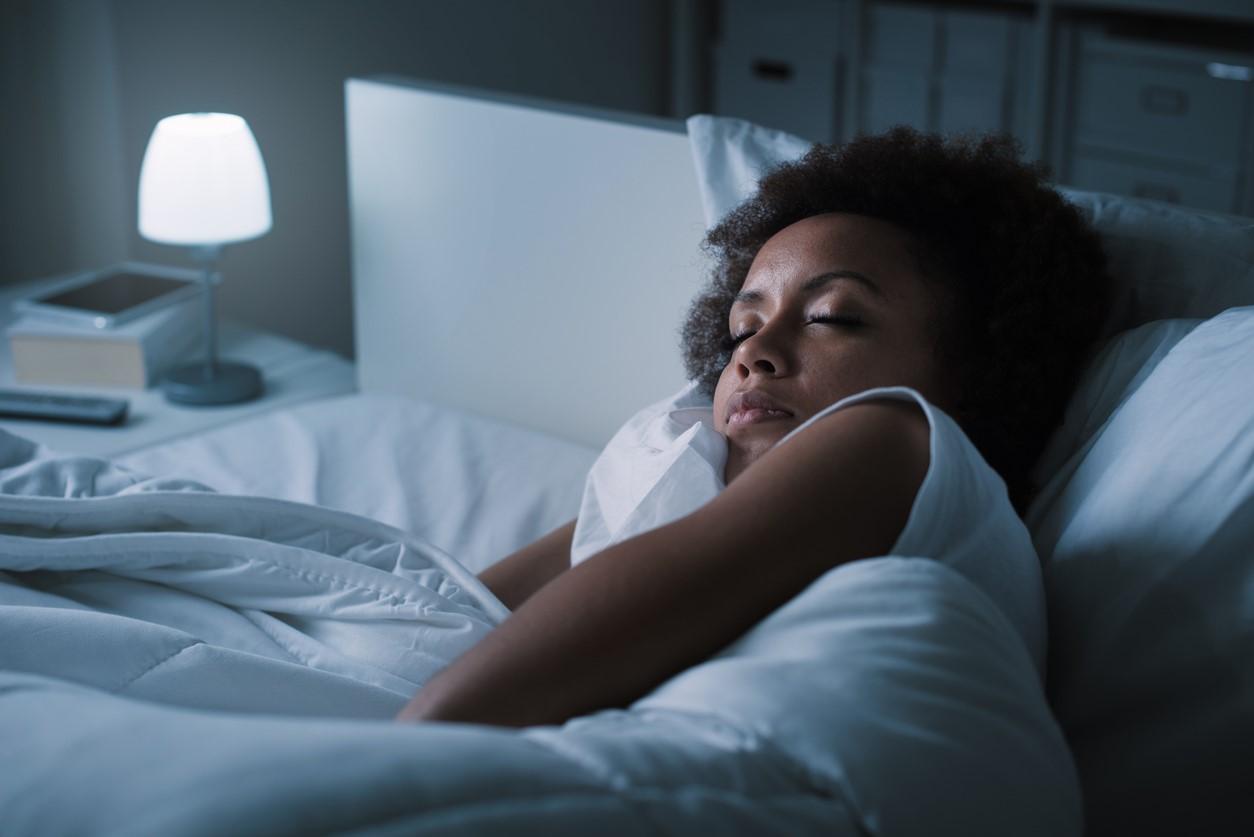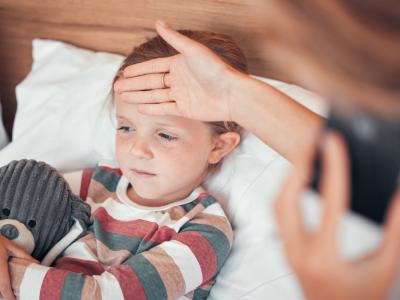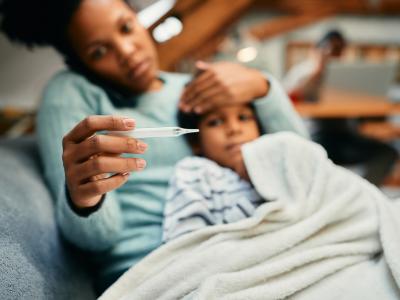- France has reported its second mainland case of chikungunya virus, according to French media reports. The case was detected in the commune of Prades-le-Lez in the Herault department, which is in the south of France. English language website The Connexion, citing a press release from regional health officials, said more than 50 cases of the mosquito-borne virus have been detected in the region since May 1, but all of the other cases have been linked to travel abroad, mainly the French overseas territory Reunion, where a large chikungunya outbreak was reported earlier this year. Officials say the individual is expected to recover, and door-to-door surveys will be conducted to check for symptoms in other commune residents.
- Mexico's Ministry of Health last week reported five new cases of screwworm myiasis, bringing the country's total to 13 cases, according to El Pais. The new cases of the parasitic infection, which is spread by the fly Cochliomyia hominivora, are in Chiapas, where 11 of the 13 cases have occurred. The flies deposit larvae that burrow into the flesh of livestock, wildlife, pets, and sometimes people, causing severe damage. Four of the 13 case-patients have required hospitalization due to the severity of their infection. The northward movement of the parasite prompted the US Department of Agriculture on May 12 to suspend the import of live cattle, horses, and bison across the US border with Mexico.
- British drugmaker GSK last week announced an agreement with India's Bharat Biotech International to advance development of a Shigella vaccine candidate. The company says the licensing agreement paves the way for ongoing development and potential distribution of altSonflex1-2-3 in low- and middle-income countries where Shigella poses a significant health threat to young children. Phase 1 and 2 clinical trials have demonstrated positive results for the vaccine, which uses a novel platform to deliver antigens that trigger the immune system, and the companies will now collaborate on the design of a phase 3 trial. "With young children in lower-income countries disproportionately impacted by Shigella, the development of a low-cost vaccine is an important goal for global public health," GSK Chief Global Health Officer Thomas Breuer said in a press release.
Quick takes: Chikungunya in France, screwworm myiasis in Mexico, Shigella vaccine candidate
Poor sleep and long COVID linked in UK study

Having a history of poor sleep quality prior to COVID-19 infection may increase the likelihood of developing post-COVID condition, or long COVID, according to data from the COVIDENCE UK study recently published in BLJ Open Respiratory Research.
The research was based on information from non-hospitalized participants with evidence of SARS-CoV-2 infection. The study authors assessed sleep quality via participant answers to a subset of questions from the Pittsburgh Sleep Quality Index. Long COVID was defined as unresolved symptoms at least 12 weeks after infection.
In total, 3,994 participants were included in the study, of whom 327 (8.2%) reported long COVID. Participants were followed up for a median of 13.1 months after infection.
Overall, sleep duration increased slightly in the month immediately following a SARS-CoV-2 infection, with no increase for people who were asymptomatic or had mild disease.
Sleep problems linked to inflammation, poor mental health
The data showed an inverse relationship between pre-infection sleep quality and risk of long COVID (odds ratio 1.37; 95% confidence interval, 1.04 to 1.81). Greater variability in pre-infection sleep efficiency was also associated with long COVID when adjusted for infection severity, the study authors wrote.
When looking at participants with pre-infection sleep data from October 2020, the authors saw a greater reduction and more extended fluctuations in sleep duration among people reporting long COVID with sleep problems.
Sleep problems are additionally linked to poor mental health, which has been shown to predict long COVID.
"While the mechanisms behind long COVID remain unknown, sleep quality and disturbances are known to play a part in many of the candidate mechanisms under investigation, such as persistent inflammation, changes to the gut microbiota and autoimmunity," the authors concluded. "Sleep problems are additionally linked to poor mental health, which has been shown to predict long COVID."













